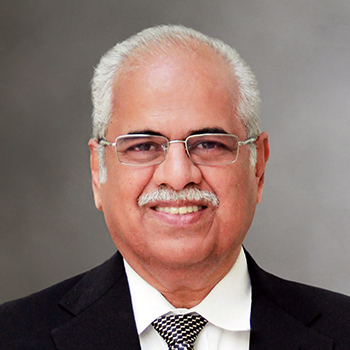Is the clock winding down on daylight saving time in Colorado?
Legislation introduced in the state Senate could give voters the power to make Mountain Standard Time permanent.

When Coloradans turn their clocks ahead one hour March 13, some state lawmakers hope it will be for the last time.
Senate Bill 135 would allow the state to do away with the annual ritual known as daylight saving time and put the matter to the voters in the Nov. 8 general election.
If voters approve, Colorado would revert to yearlong Mountain Standard Time in 2023.
Legislators have been trying to end daylight saving time for decades. One reason to repeal DST is the decrease in workplace productivity in the days following the time change, said Christina Huber, professor of Economics at Metropolitan State University of Denver.
But she also notes that there is no definitive research on the overall economic impact of the time change.
“I don’t have a strong argument for or against daylight saving time and really believe it comes down to individual preferences,” said Huber. “From an economic standpoint, the argument has to come down to costs (versus) benefits.”
RELATED: 6 steps for spring cleaning success
Proponents of DST argue that the extra daylight and recreation counteract the sedentary lifestyle of modern living. Tourism and other outdoor-related industries profit from brighter evenings, which give people more time for hiking, shopping, dining out and attending cultural events, boosting the local economy.
Public safety also benefits from DST. Studies show that DST contributes to improved road safety, reducing pedestrian fatalities by 13% during dawn and dusk hours. An MIT study found a 7% decrease in robberies following the spring shift to DST.
Sleep matters
No matter where you stand on the issue, most of us dread the inevitable “spring forward” when we lose an hour of precious sleep, knowing that getting up for the next several mornings will be harder than usual.
Getting enough sleep consistently is critical to our well-being, said Cynthia Erickson, associate professor of Psychological Sciences at MSU Denver. And sleep is also important for memory consolidation.
RELATED: 5 tips for healthier social media use.
“Just as you go through your mail every day and sort out the junk from the letter from your grandmother, your brain while you are sleeping is consolidating all the information it received throughout the day — keeping what is important and throwing away the rest,” she said.
Erickson also noted that sleep is one of the best study aids for students. “If you want to really learn and understand something: Study, take a nap, repeat. It is your best study strategy,” she said.
Teens in particular need more sleep, according to the American Academy of Pediatrics and the U.S. Centers for Disease Control and Prevention. In fall 2023, Denver Public Schools will push back the start time for classes from 7:40 a.m. to 8:20 a.m.
“While there surprisingly have not been a lot of studies on DST, what we do have is a lot of information on the impact of being overtired on a child’s ability to learn,” said Bethany Fleck Dillen, a professor of Psychological Sciences at MSU Denver.
“A lack of sleep is a change in their natural circadian rhythm,” she said, adding that DST can affect the light we take in, which changes the release of melatonin in our bodies that helps us sleep.
Dillen said our bodies adjust to DST after a week or so. Personally, she likes the extra daylight hours, which allow her to get outside more with her young children. To adjust to the changes created by DST, she recommends moving a child’s schedule up by 15 minutes a day for four days so the change isn’t so abrupt.

Snooze button
DST is being debated nationwide. Arizona and Hawaii already stay on standard time year-round. Conversely, 19 states, including Colorado neighbors Utah and Wyoming, have moved to stay on daylight saving time year-round if changes in federal legislation allow.
In 1966, Congress passed the Uniform Time Act to establish the yearly time change, and it has since been adopted nationally. Under the 1966 law, states have to either change the clocks to daylight saving time at the specified time and day or stick with standard time throughout the year.
So will this be the year? It seemed likely until state lawmakers hit the snooze button last week and delayed their consideration of the bill.
The measure still has a chance to get to voters this year, one of the bill’s sponsors, Sen. Jeff Bridges of Greenwood Village, told Colorado Politics. “I just want to stop changing the dang clocks,” he said.







